The Level 3 Community Sport and Health Officer Apprenticeship will enable your organisation to deliver high-quality provision within sport and community-based programmes.
This apprenticeship provides employers and employees with underpinning knowledge of how school and community-based physical activity and health-related provision are funded and how the role of external organisations can support in the delivery of local and national targets.
The Level 3 Community Sport and Health Officer Apprenticeship will enable your organisation to deliver high-quality provision within sport and community-based programmes.
This apprenticeship provides employers and employees with underpinning knowledge of how school and community-based physical activity and health-related provision are funded and how the role of external organisations can support in the delivery of local and national targets.
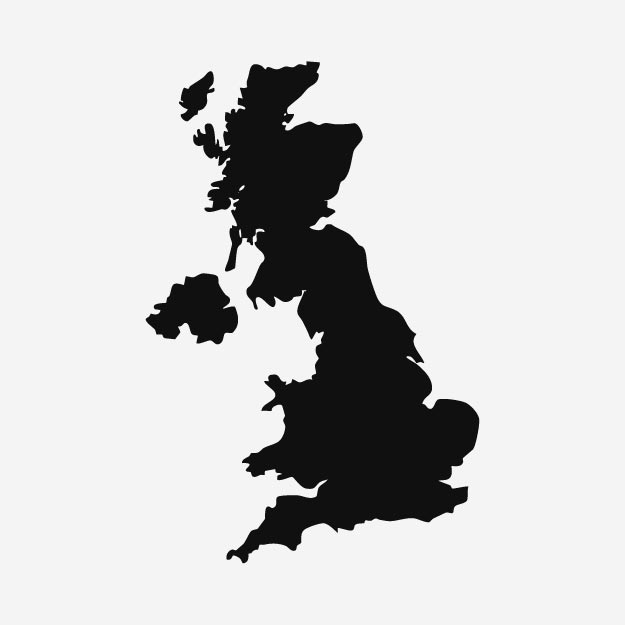





Apprentices must have 5 GCSE Qualifications (grade 4-9), or a Level 2 qualification.
Initial assessments and checks will be done during enrollment.
Apprentices must have 5 GCSE Qualifications (grade 4-9), or a Level 2 qualification.
Initial assessments and checks will be done during enrollment.

An Outreach Worker engages with individuals and communities to provide support, guidance, and access to essential services, helping to improve well-being and encourage participation in local initiatives.
Supporting lead coaches, a Coaching Assistant helps deliver training sessions, encourages participants, and ensures a positive and structured learning environment for skill development.
A sports coordinator oversees the planning and organisation of sports programmes and events, ensuring smooth operations, effective resource management, and increased community participation in physical activities.
A Community Sport Coach works to inspire and develop individuals of all ages through sport, creating inclusive and engaging sessions that encourage participation and skill development.
A Sports Development Officer designs and implements strategies to grow and improve sports participation, working with local organisations, schools, and clubs to create accessible opportunities for all.
An Outreach Worker engages with individuals and communities to provide support, guidance, and access to essential services, helping to improve well-being and encourage participation in local initiatives.
Supporting lead coaches, a Coaching Assistant helps deliver training sessions, encourages participants, and ensures a positive and structured learning environment for skill development.
A sports coordinator oversees the planning and organisation of sports programmes and events, ensuring smooth operations, effective resource management, and increased community participation in physical activities.
A Community Sport Coach works to inspire and develop individuals of all ages through sport, creating inclusive and engaging sessions that encourage participation and skill development.
A Sports Development Officer designs and implements strategies to grow and improve sports participation, working with local organisations, schools, and clubs to create accessible opportunities for all.
Wondering how an apprenticeship can influence your future? If you’re considering career paths or seeking practical experience, we’re ready to assist you. Contact us today to discuss your choices and move closer to your ideal career!
Wondering how an apprenticeship can influence your future? If you’re considering career paths or seeking practical experience, we’re ready to assist you. Contact us today to discuss your choices and move closer to your ideal career!
To be eligible, applicants must be aged 16 or over, living in England and not taking part in full-time education. If they are already employed, they can start an apprenticeship in their current job to help them progress to a higher level position.
Apprenticeships range from Level 2 to Level 7. The levels and their equivalent qualifications are listed below:
Level 2 = 4 GCSEs
Level 3 = 3 A Levels
Level 4 & 5 = Foundation degree and HNC/D
Level 6 = Bachelor’s Degree
Level 7 = Master’s Degree
Access Industry currently offers apprenticeships up to Level 4, but we continually update available apprenticeships to meet learner needs and industry trends.
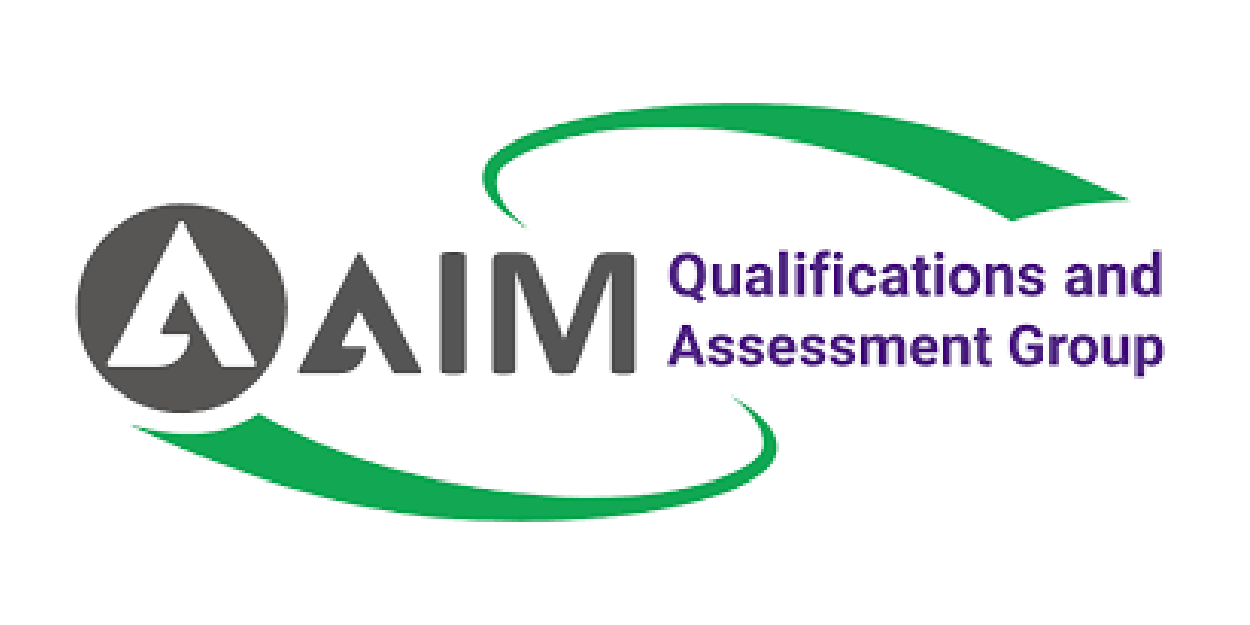
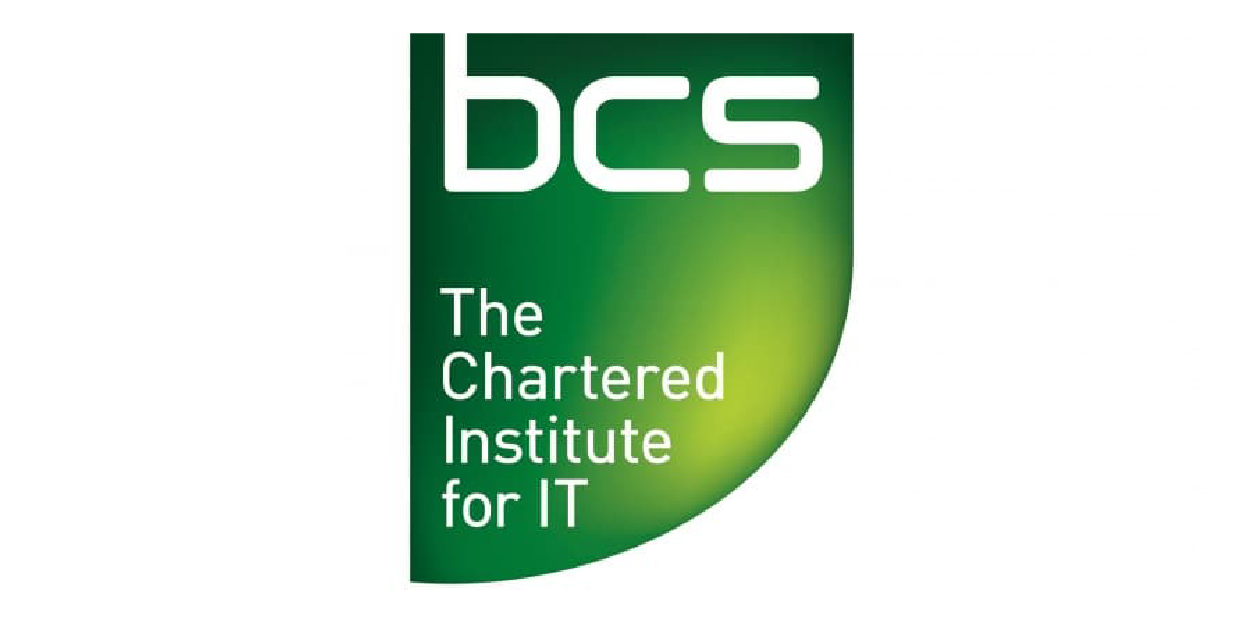
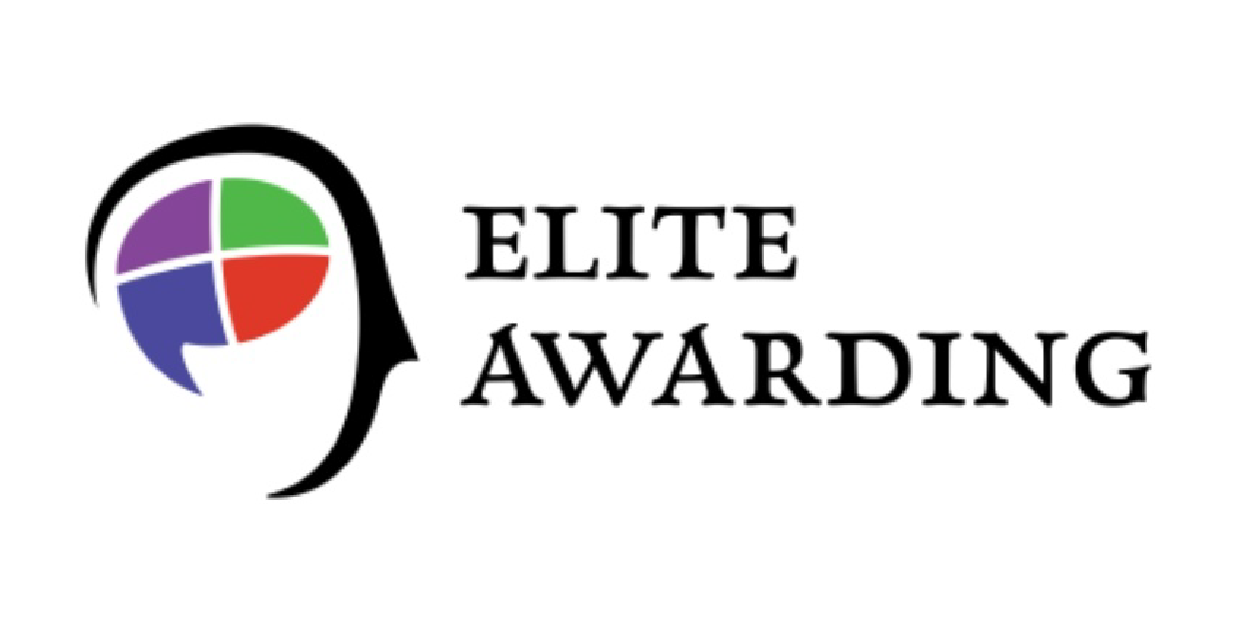
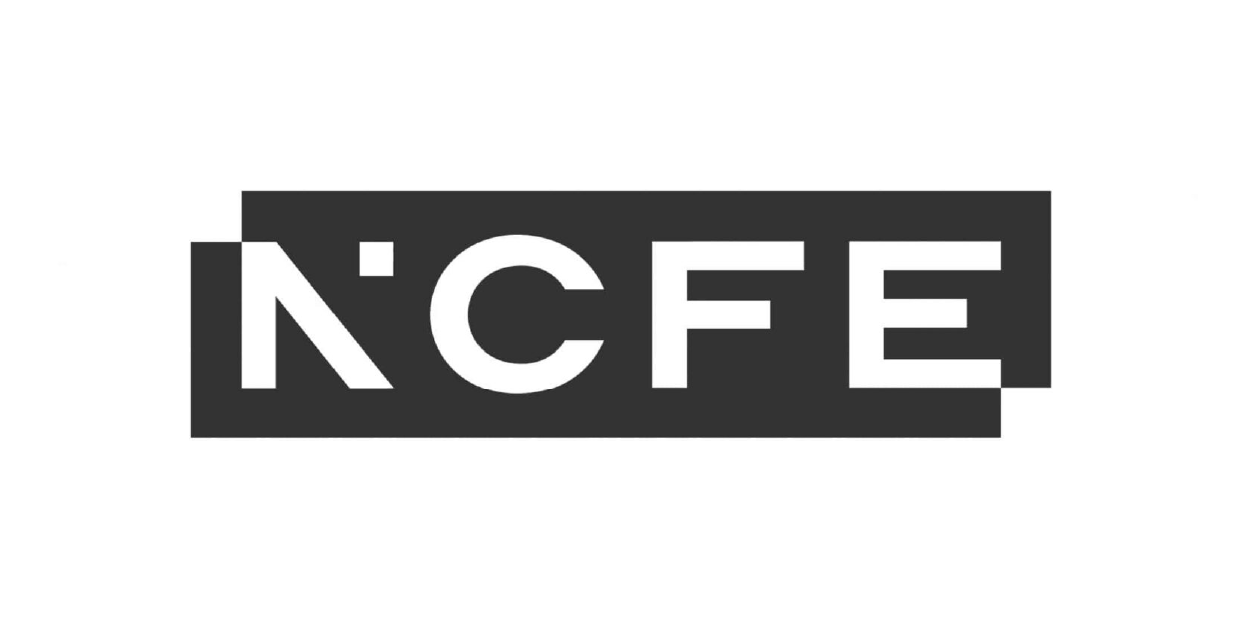

Registered in England and Wales (02749258) | Privacy Policy | Cookie Policy

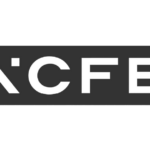
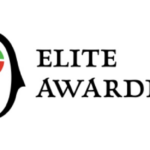

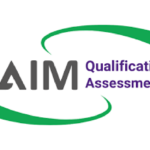
Registered in England and Wales (02749258) | Privacy Policy | Cookie Policy